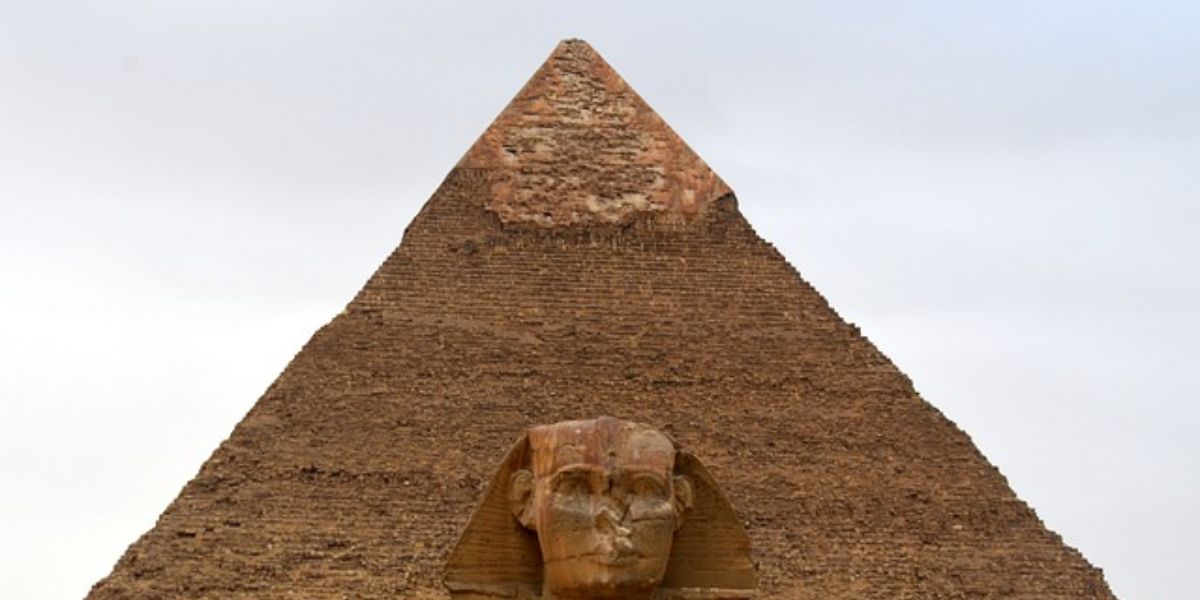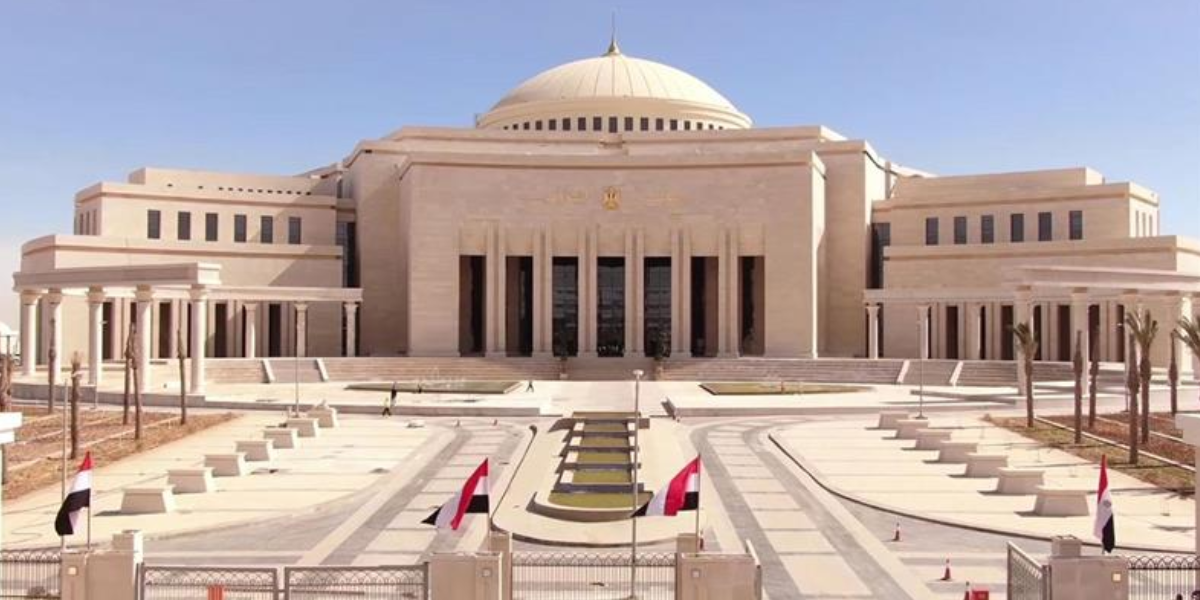Egyptian President Abdel-Fattah al-Sisi and Serbian President Aleksandar Vucic oversaw the signing of several key cooperation agreements on Saturday in Cairo, aimed at enhancing bilateral relations across multiple sectors. According to a statement from the Egyptian presidency, the agreements cover a wide range of fields, including trade, investment, information and communications technology, antiquities and museums, customs, and employment.
Central to the discussions was the Free Trade Agreement, which both leaders highlighted as a significant step forward in economic and trade cooperation. “We are committed to strengthening long-term relations in all areas through the implementation of these agreements, particularly the Free Trade Agreement,” al-Sisi said during a joint press conference.
Following the signing ceremony, Serbian President Aleksandar Vucic revealed that the Free Trade Agreement (FTA) encompasses 10,412 tariff lines for Serbia and 6,075 for Egypt, as noted in a government press release.
During his visit to Cairo, Vucic expressed his expectation that trade between the two countries will increase significantly, potentially rising from the current EUR 100 million to EUR 200 million, according to a video posted by public broadcaster RTS.
The historical ties between Egypt and Serbia, dating back to 1908, were also emphasised by both leaders, who expressed mutual interest in deepening their “historical friendship.” Vucic noted that the agreements would foster closer commercial, economic, and industrial relations, with expectations for increased Serbian investment in Egypt and a welcoming stance for Egyptian investors in Serbia.
The Serbian president also highlighted the growing military cooperation between the two nations, announcing plans for joint military exercises in the near future. In addition to economic and military ties, the two leaders discussed several pressing international and regional issues, including the Ukrainian crisis, developments in Sudan and Libya, and the ongoing conflict in Gaza.
The agreements signed in Cairo are expected to significantly boost collaboration between the two countries, laying a stronger foundation for future partnerships and mutual growth.














